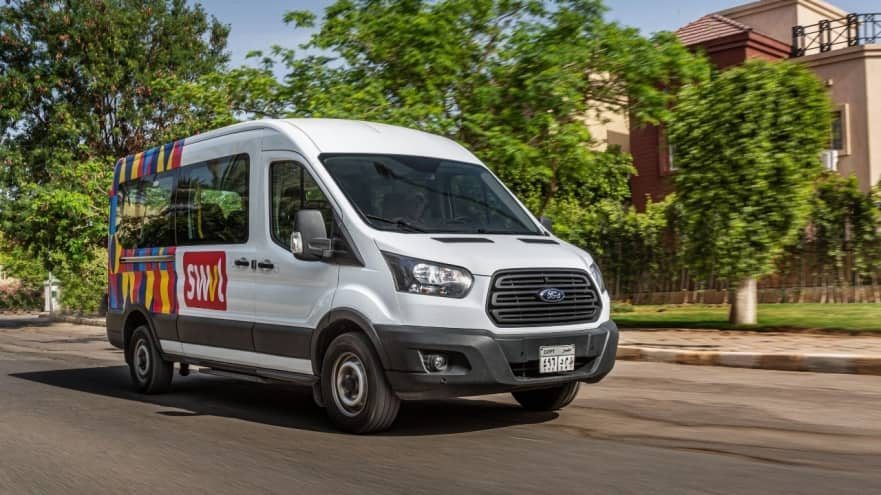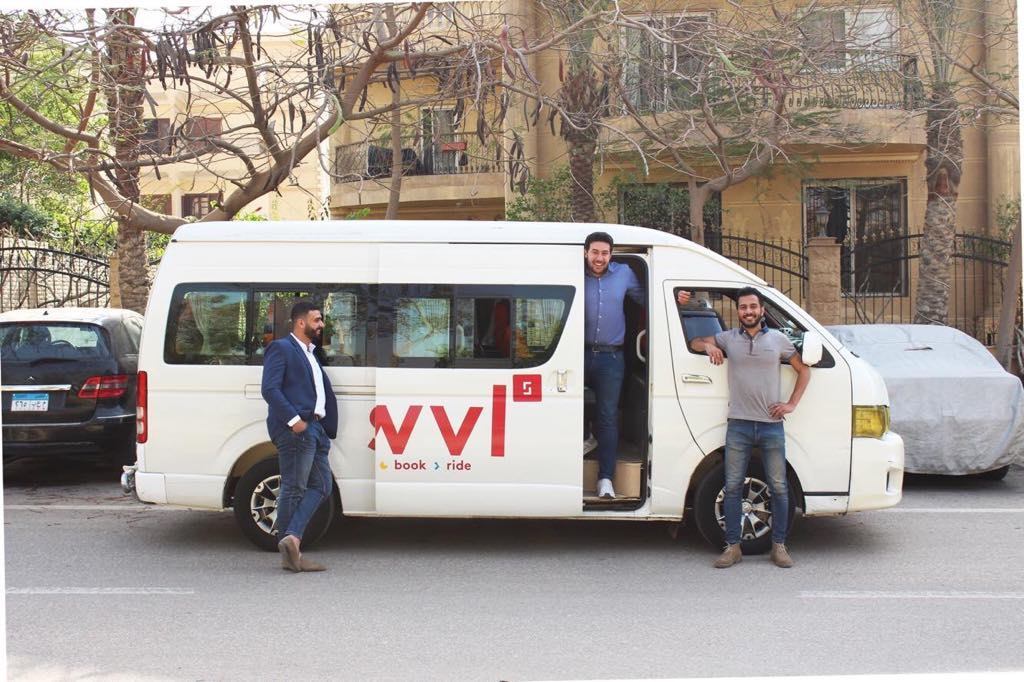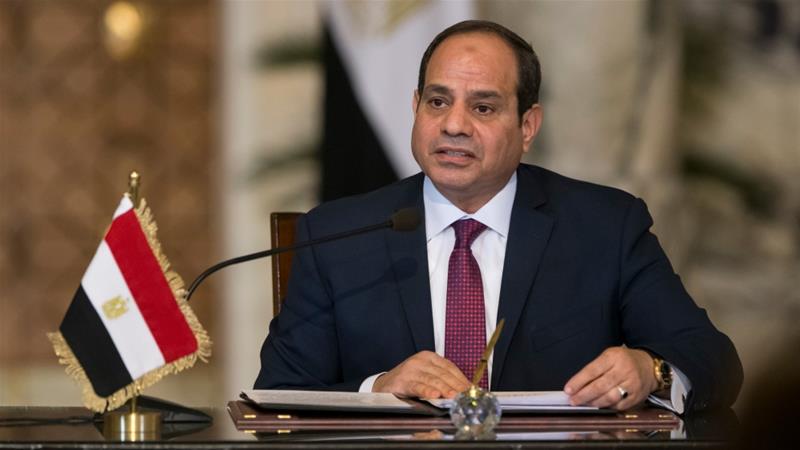Swvl ’s Next Bus Stop Is Lagos Nigeria And It Is Next Month
Lagos residents will now have one more online ride-sharing option to choose from by July this year. Egypt’s ride-sharing startup SWVL has announced plans to launch in Lagos, Nigeria in July. 5O buses would be on the road from the date of the launch, according to Swvl’s Country General Manager in Nigeria. This is expected to be a huge challenge to existing ride-sharing options, such as Uber, Bolt, and ride-hailing motor-bike alternatives.
SWVL expects the surging population of Nigeria’s most populous city to be on its side. The startup is already in Kenya and Egypt and has plans to expand to Uganda soon. Other target countries include Thailand and Vietnam, and possibly operations in seven world mega-cities by the end of this year.
Barely 2 years in existence, it is the most funded startup in Egypt.
Swvl’s Business Model
- SWVL’s goal is to make it easier for Egypt’s residents to book bus rides at a fixed rate on existing routes.
- Users schedule trips, pay online or in cash and are given virtual boarding passes.
- Even with fierce competition from the likes of Buseet and Uber vying into premium public transport service, SWVL’s application has been downloaded for well over 360,000 times on Google play store and Apple iStore.
- The platform completes 100,000 rides monthly.

- It was the first company to introduce the service in Egypt in 2017 before Careem and Uber joined the sector late last year.
- Swvl is however different from its competitors because of its series of partnership deals. The startup’s credit facility agreements with Nasser Social Bank and EFG Hermes Bank, and after-sales support and maintenance services with Ford-trained technicians are some of these moves.
- What Egyptian SWVL users think about the startup is its priority on affordability, comfort, and safety.
Not Afraid Of Competition
Although Swvl is the first riding app to offer bus services in Egypt, giant transportation startups Careem and Uber have recently offered their own bus services.

Mostafa Kandil, Egyptian CEO and founder of Swvl, has however noted that the joining of Uber and Careem to the industry has not influenced Swvl’s growth asserting that they have witnessed remarkable development since the two competitive players have launched.
In 2018, the startup was valued at nearly US$100 million, becoming the second Egyptian company after Fawry to reach these figures.
The startup has recently signed an agreement with Ford motor company to deploy more cars on the road. Ford Transit, which the startup intends to use is already the third best selling van of all times. SWVL is already in possession of about 100 Ford Transits. Hazem Taher, SWVL’s Head Marketing Manager, said the vans were ready to go and they’re excited to push them on SWVL’s route.
Charles Rapulu Udoh

Charles Rapulu Udoh is a Lagos-based Lawyer with special focus on Business Law, Intellectual Property Rights, Entertainment and Technology Law. He is also an award-winning writer. Working for notable organizations so far has exposed him to some of industry best practices in business, finance strategies, law, dispute resolution, and data analytics both in Nigeria and across the world.















